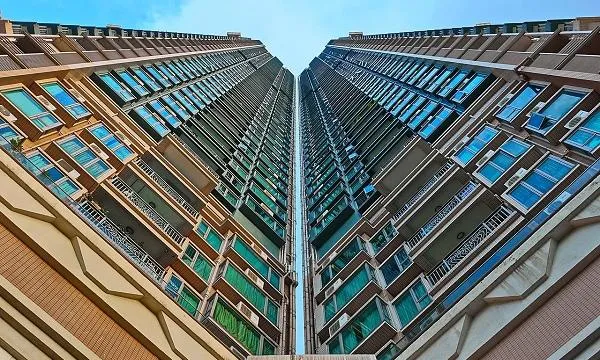
Vacancy tax may not dampen Hong Kong's runaway home prices
It will not trigger the expected price fall but will only slow the fast pace of growth.
With the government officially moving to tax vacant first-hand private residential units in a bid to ease Hong Kong’s housing crisis, experts believe that the move may not exactly achieve the goal of dampening the soaring prices in the city’s heated property market.
“The new tax will not trigger a price fall in the property market, but price growth will slow,” Joseph Tsang, managing director at JLL said in a statement.
Also read: Vacant residential tax to dampen developers' land bidding
The special rates on vacant units will be collected annually at 200% of the rateable value of the units, which is roughly equal to 5% of the property value. Units that have not been occupied or rented out for more than half of the past 12 months will be considered vacant, according to a government release.
The move, however, may not necessarily speed up the supply of first-hand homes as it targets only a specific subsector of the property market, Tsang notes.
“The introduction of the vacancy tax and the amendment to pre-sale consent will only affect the luxury market. Developers usually look to achieve strong sales for mass residential projects, rather than high prices. Even if developers speed up the sales of luxury projects, it won’t help average home seekers.
Home ownership in space-starved Hong Kong has plunged below 50% in 2017 as the city’s runaway property prices have made it the most expensive housing market in the world for the eighth consecutive year.
Also read: Micro flats multiply as residents scramble for affordable housing alternatives
An average Hong Konger earning $50,000 in annual income would need around $900,000 to purchase a home, according to annual Demographia International Housing Affordability Survey, which puts the median house prices divided by annual median household income at 18.1.
The government plans to introduce an amendment bill regarding the special rates at the next legislative year. The rates will take effect after gazettal of the amendment ordinance following passage of the bill.








![Cross Domain [Manu + SBR + ABF + ABR + FMCG + HBR + ]](https://cmg-qa.s3.ap-southeast-1.amazonaws.com/s3fs-public/styles/exclusive_featured_article/public/2025-01/earth-3537401_1920_4.jpg.webp?itok=WaRpTJwE)









 Advertise
Advertise


